Japanese sound words aren’t just anime flavor — in Canada, they’re appreciated as part of expressive, emotional storytelling.
While Canada shares many fandom trends with the U.S., there’s also a quieter love for onomatopoeia tied to visuals, emotional nuance, and even bilingual cultural curiosity.
How Canadian Fans First Encounter Japanese Onomatopoeia
Japanese sound words are rarely taught in language classes, but many Canadian fans come across them naturally through:
Language and culture videos
Canadian YouTubers and educators often explore Japanese sound words in comparison to English or French expressions, noting their emotional directness and poetic rhythm.
Anime (e.g., Cardcaptor Sakura, Inuyasha, My Neighbor Totoro)
Anime is mainstream across English and French-speaking Canada. Sound words like pon, doki doki, or nyan~ appear often in magical, romantic, or humorous scenes.
Manga (with original sound effects or visual cues)
Manga in Canada often keeps Japanese sound effects visually intact. Many fans recognize and learn them through repetition and image association.
Cosplay, cons, and creative arts
Events like Anime North (Toronto) and Otakuthon (Montreal) showcase cosplayers and artists using sound words in props, zines, and fan art — sometimes with bilingual humor.
TikTok, YouTube Shorts, and memes
Canadian creators join global trends using Japanese onomatopoeia, often with a softer or visually poetic twist. Some integrate French or English reinterpretations for comedic effect.
Popular Japanese Sound Words in Canada
Pon! (ぽん!)
Meaning: Pop, light tap, sudden sound
Where it appears: Comedic timing, magic spells, ideas popping
Pon! is often loved in magical scenes or comedies, especially where something sudden and funny happens. Its soft, clean sound feels very natural in visual storytelling.
Nyaa (にゃあ)
Meaning: Meow
Where it appears: Cat girls, cosplay, reaction clips
Like in the U.S., nyaa is widely recognized and playfully used in cosplay and memes. In Canada, it’s also appreciated in French-speaking regions where the equivalent “miaou” contrasts with the Japanese sound.
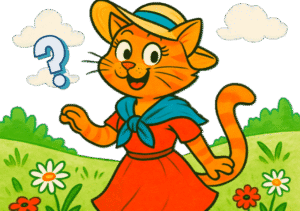
Shiin… (しーん…)
Meaning: Silence, awkward pause
Where it appears: Comedy scenes, anime stillness
Canadians often enjoy subtle or understated humor, making shiin… especially fun. It shows up in fan art and is sometimes drawn as a speech bubble with visual pause.
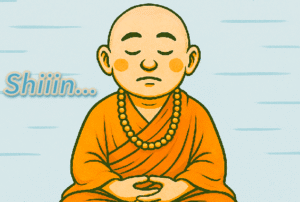
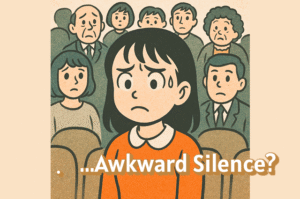
Doki Doki (どきどき)
Meaning: Heart pounding
Where it appears: Romance, thrill, surprise
Commonly found in anime and indie games, doki doki resonates with Canadian fans who enjoy emotional storytelling and character-driven scenes.
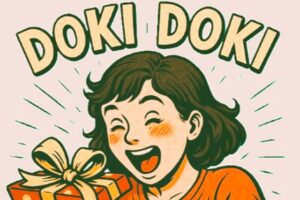
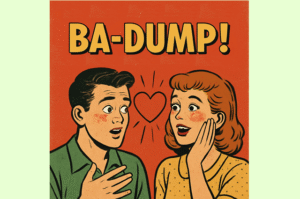
Peko Peko (ぺこぺこ)
Meaning: Hungry
Where it appears: Chibi characters, food scenes
Used jokingly in food-themed cosplay or cute content. Canadian creators sometimes draw it alongside anime meals or in manga-style comics.
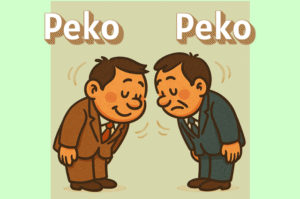
Why Canadians Love These Words
- Appealing in both English and French-speaking regions
- Loved for their expressive, rhythmic quality
- Easy to visualize and mimic in art, cosplay, or videos
- Often tied to emotional or charming anime moments
Fun Fact
At Otakuthon in Montreal, some fan zines and cosplay accessories use a mix of Japanese onomatopoeia and French captions — like “Pon! C’est magique!” or “Doki doki… je suis amoureuse!“
This creative mix of languages shows how sound words can cross borders and take on new life in bilingual cultures like Canada!

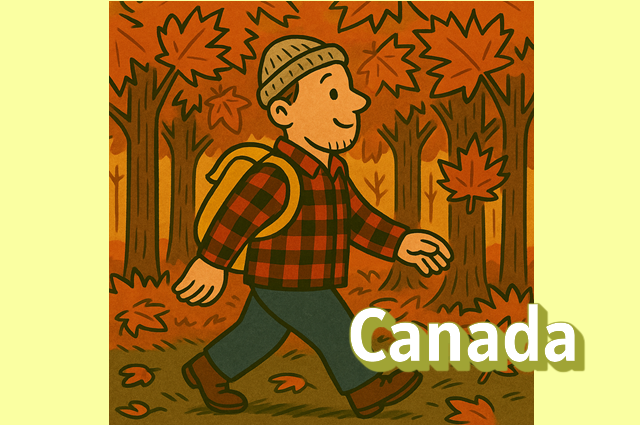
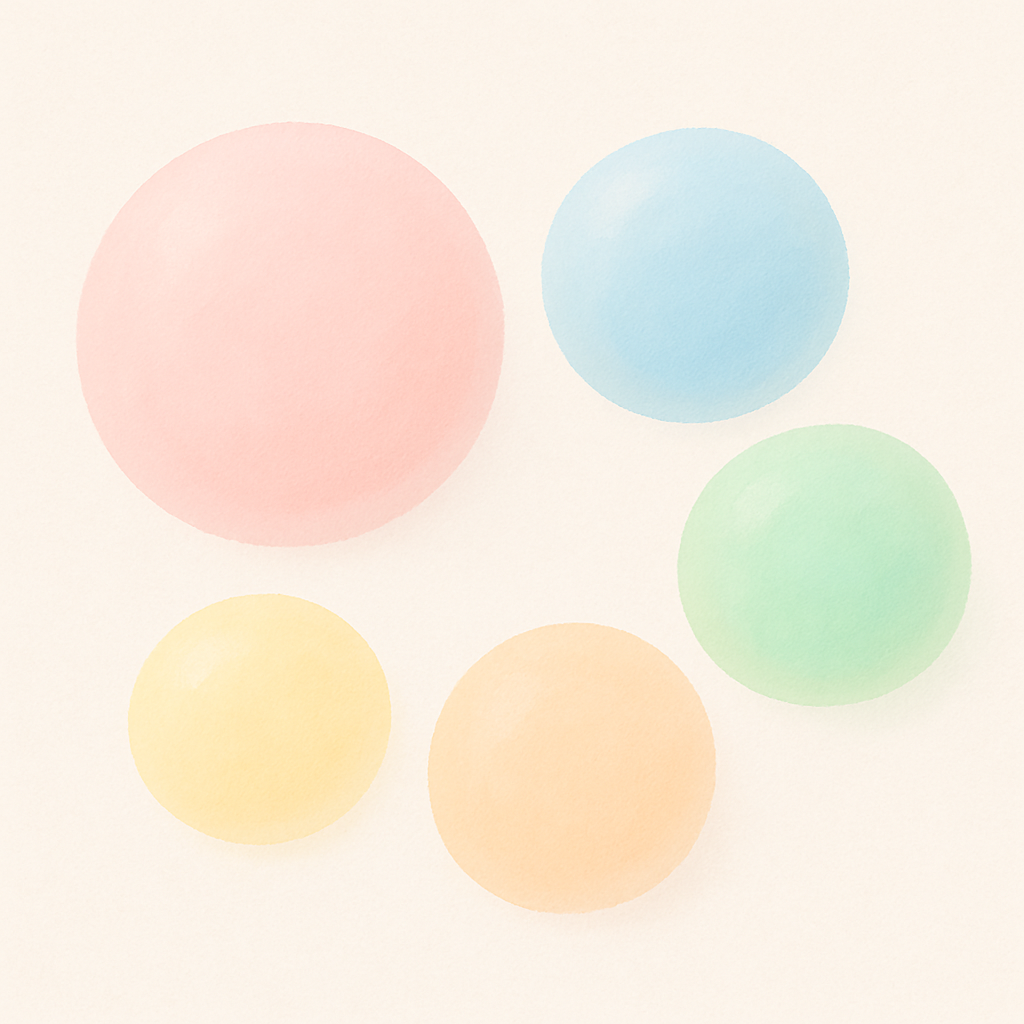

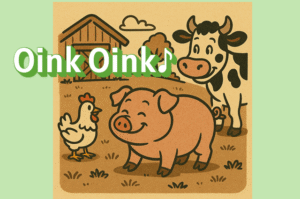
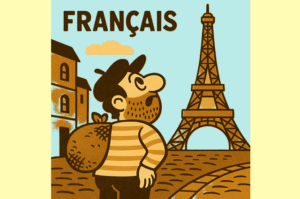
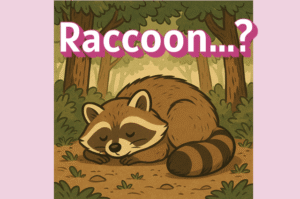


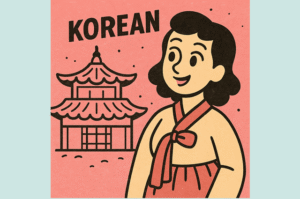
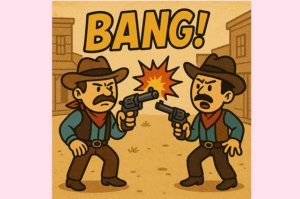
Comments